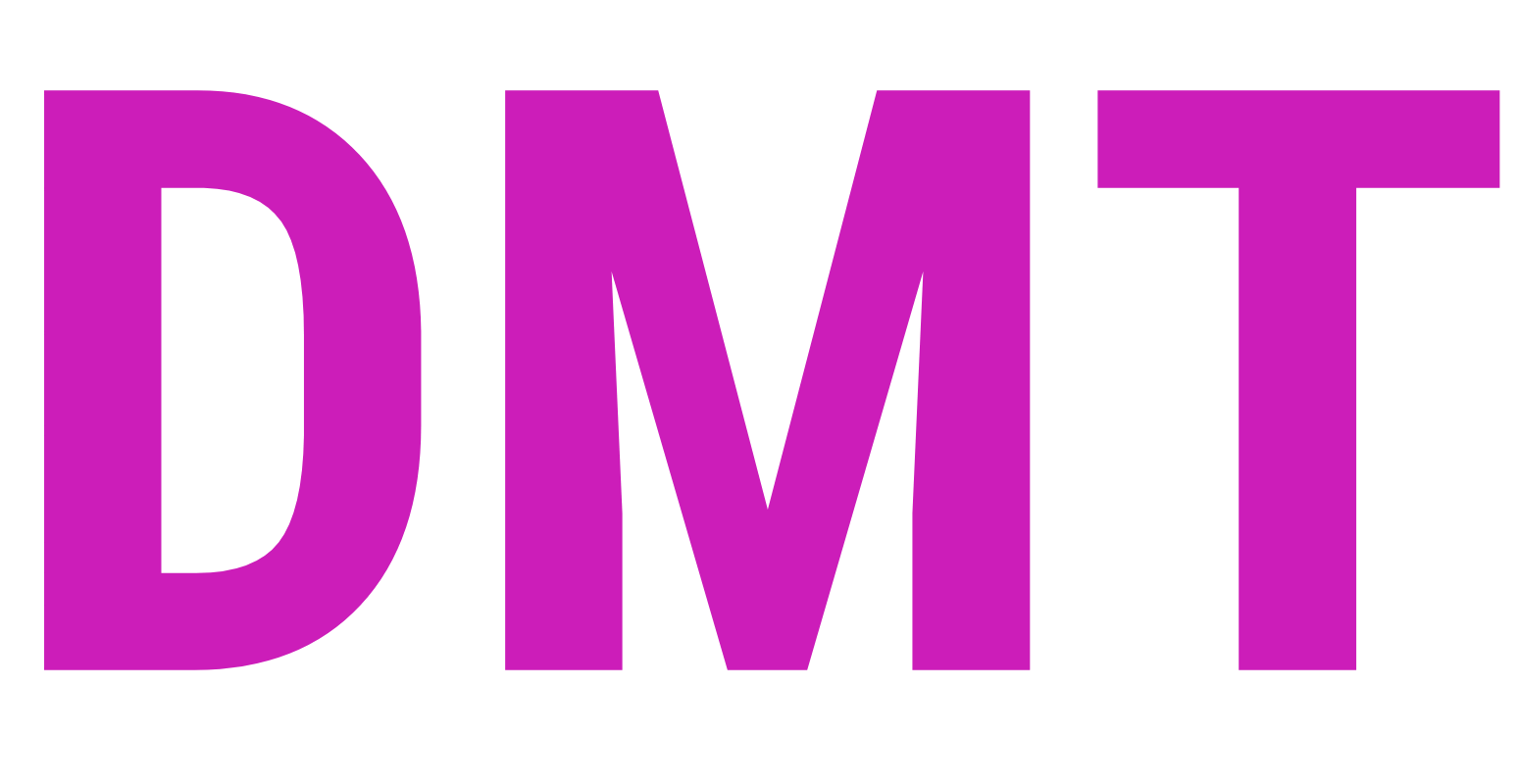AlphaGeometrix: Google DeepMind AI System Solving Complex Geometry Problems
AlphaGeometrix: Google DeepMind AI System Solving Complex Geometry Problems: Last week, DeepMind, Google's AI laboratory, unveiled AlphaGeometrix, an AI system developed in collaboration with the computer science department at New York University. By solving complex geometry problems at a level comparable to that of a human Olympic gold medalist, AlphaGeometrix marks a significant step towards the development of more advanced and generalized AI systems.
In 2019, a team from Google Research developed DeepHol, a neural theorem prover based on the HOL Light Theorem Prover software, with much of the studied theorems focusing on linear algebra. The AlphaGeometrix neural theorem prover addresses Euclidean plane geometry.
AlphaGeometrix adopts a neuro-symbolic approach, combining a neural language model and a symbolic deduction engine. This synergy enables the AI to generate rapid and intuitive ideas while making deliberate and rational decisions. Language models excel in identifying general patterns and relationships in data, while symbolic deduction engines use formal logic to arrive at conclusions. Together, they form a system capable of solving complex geometry problems.
In a comparative test involving 30 geometry problems from the International Mathematical Olympiad (IMO), a global mathematics competition for high school and college students, AlphaGeometrix solved 25 problems within the allotted time, nearing the score of human gold medalists who, on average, solved 25.9 problems. In comparison, the previous state-of-the-art system, known as the "Wu method," only solved 10 of these problems.
The Neuro-Symbolic Approach Olympiad geometry problems are based on diagrams that require the addition of new geometric constructions before they can be solved, such as points, lines, or circles. The neural language model, trained from scratch on a vast dataset of synthetic data, guides the deduction engine towards the solution, Generating Large-Scale Synthetic Data
One of the major challenges for researchers was the lack of training data. They overcame this limitation by developing an innovative method to generate one billion random diagrams of geometric objects and derive all the relationships between points and lines in each diagram. A training set of 100 million unique examples of varying difficulty was created, allowing the language model to train without any human demonstration to predict useful constructions. The research team's long-term goal is to build AI systems capable of generalizing across all mathematical domains "by developing problem-solving and sophisticated reasoning upon which general AI systems will depend, while pushing the boundaries of human knowledge."
By open-sourcing the code and model of AlphaGeometrix, the team hopes to encourage the development of other tools and approaches to open up new possibilities in the fields of mathematics, science, and AI.



